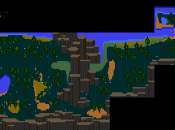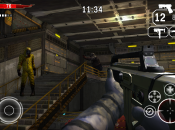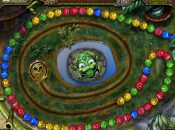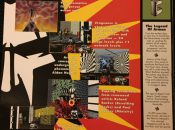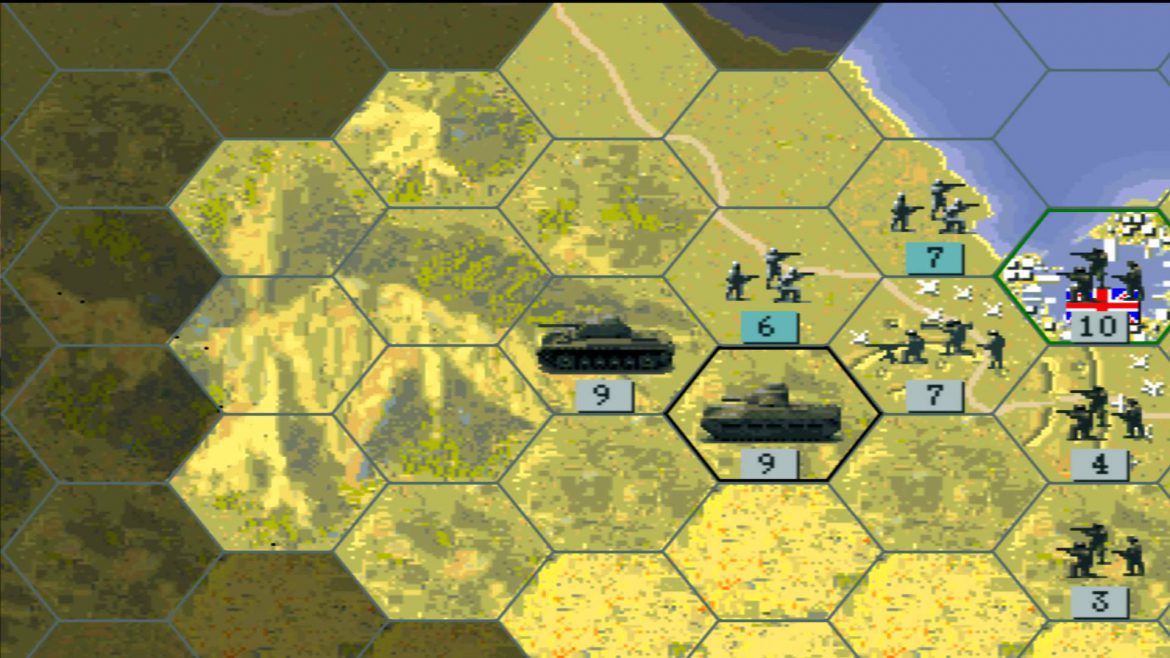
Allied General Aiming 101: ----------- In Allied General, as in any wargame, you have to study the terrain, the victory requirements, and the units at your disposal before starting. When you start a new battle in Allied General, take time to look at the strategic map. There are several important things to make note of: First, white hexes are your high-value hexes, and must be adequately defended in order to win. More importantly, green hexes are the objectives. Not every city is an objective, so you have to see where the green hexes are and figure out the best way to get to them. Roads are essential to moving troops fast, and seizing control of important crossroads will gain you vital mobility. Some cities must be seized because they lay astride important crossroads, because their proximity threatens your lines, or because they are near important objectives and will be useful in producing and repairing units. Airfields are also important targets to capture where possible, because controlling the enemy's airports will limit their ability to use air power against you and give you increased air-strike abilities. Finally, you have to study the units you're given at the start of a game, the units you can buy, based on the historical period, and the possible upgrades. There are several important numbers associated with units, the most useful being experience, strength, and hard and soft attack. Defense ratings, initiative and - for units pushing deep into enemy territory - spotting ability are also important factors to consider. The composition of your forces is crucial, especially in campaign games. When you start a new battle, upgrade units wherever possible to the best currently available, and always use elite replacements. You'll want to build elite, over-strength units through replacement and successful battles. A tight selection of strong armor and advanced infantry (such as bridging or paratrooper infantry) should be the core of your group. A few 15-strength units can cut a swath through most opposition. Finland: -------- OK, that's enough of the grade-school primer; it's time to get down in the mud. Let's take a look at the Russo-Finnish battle on the Karelian Isthmus, which can be tough to win as the Russians. The victory requirements are to take two southern cities (Summa and Taipale), the northwestern city of Tali and its port at Viipuri, and finally the northernmost city of Sortevala. The problem is the Mannerheim line: a rigid defensive line of pillboxes and World War One-era forts bisecting the Isthmus. First, you'll need to understand your forces, which are a mishmash of good and bad units. The conscripts and auxiliary units are awful, and the best (and most historical) use for them is to charge pillboxes and divert Finnish fire - in effect, these troops are cannon fodder. Also useless are the BT-5 and BT-7 tanks, which seem to be made of papier-mach. If you use them, you'll lose. Upgrade as many as you can to KV 1/39s; they're slower, but have much better defense and attack ratings. You'll want to start with five or six of them. You'll also want to get another engineer unit or two, which you can do by upgrading a Regular unit. Lay some artillery fire on Terijok, near Leningrad. You have two cruisers and plenty of artillery, so you can weaken it enough for the adjacent conscript unit to take it easily. This clears the road to Summa. You'll need to organize two battle groups (Eastern and Western) based around the KVs. Divvy up the infantry, cavalry, and artillery between the two. The Western group will push towards Summa, then up to Viipuri, while the Eastern will hit Taipale and then make a dash for Sortevala. Any extra units should go with the Western force. Mount the bridging engineer and send him north with the cruisers, and mount the paratroopers and send them as scouts. Saddle Up! ---------- Move out horse cavalry first to get a feel for the area, then send up conscripts, other infantry, armor, and artillery. There will be a major bottleneck if you don't juggle your units just right to keep the roads clear. This can paralyze you long enough to cost you the battle. Speed is crucial. Once you've pushed north a bit on both flanks, both battle groups will instantly run smack into the solid wall of the Mannerheim line. You're only going to pierce this at the two cities, avoiding the center. Use conscripts to draw fire from the pill boxes, then pour artillery on them and start to break down the cities' defenses with stronger infantry and armor. Each city has a 37mm anti-tank piece, which you'll need to clear with artillery and infantry, so your tanks can maneuver in peace. Take out enemy artillery as quickly as possible, and keep your own artillery fire up. It should only take a few turns to liberate both cities. You can use your paratroopers to either harry units from behind the Mannerheim line, or save them for the attack on Sortevala. Keep moving up the coast with your cruisers, laying fire on the forts while staying out of range as much as possible. Watch out for the two subs patrolling this area: they're not much, but they can take a bite out of you before they go down. You're going to want to bring these ships into the channel (which will draw shore fire), so you can begin to pound Viipuri. Finnish Them Off: ----------------- Once both cities are liberated, secure the area by using armor to track down the few artillery pieces, then push both battle groups north toward their objectives (Viipuri/Tali and Sortevala), leaving only a small garrison behind. You might want to take the opportunity to pick up some new KVs. Some Finnish infantry will slow you down - and they are, pound for pound, much better than the Russians. They'll put up a tough fight, but don't get bogged down: keep moving. Get your engineers in on the northern side of Viipuri, and lay in for the siege. It will take heavy barrages to loosen these hexes up, so don't commit your infantry and armor too soon. Chip at them for a couple turns, then go in for the kill. As with any good battle plan, the key is to stick to your objectives. Don't try to crash the whole line, and don't get bogged down in the forests or swamps. Properly weakened with artillery fire and polished off with a tough armored punch, the Finns can be beaten with a major victory in less than ten turns.

